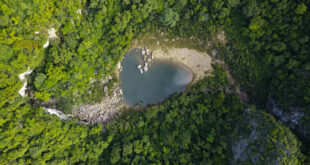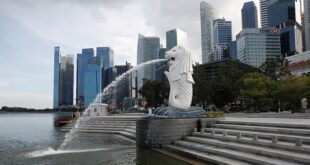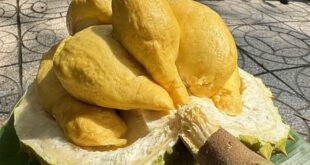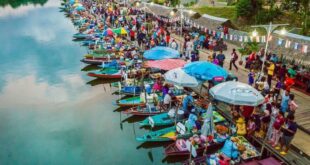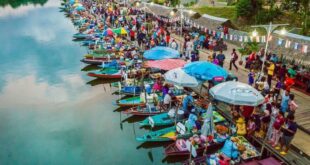Vietnam’s tourism industry should take stronger measures to prevent foreign tourists from buying ivory products and that of other endangered wild animals at major tourist hotspots, WWF said.
Nguyen Dao Ngoc Van, manager of an illegal wildlife trade prevention program for the World Wildlife Fund (WWF), said at a conference Wednesday that Vietnam has become a “global hotspot” for ivory and rhino horn trade.
The fact that foreign tourists come to Vietnam looking for ivory and rhino horn products have encouraged the hunting, collection, transportation and distribution of these products, a Voice of Vietnam report cited Van as saying.
A survey of nearly 600 Chinese tourists who visited Vietnam before the pandemic crisis showed that 17 percent visited shops selling ivory products during their visit, with about 2 percent paying an average of VND12 million ($516.15) on such products.
As many as 59 percent of the survey respondents said they were recommended the places to shop for the items by local tour guides, Van said.
According to the WWF, many famous tourist destinations in Vietnam have been selling wildlife products like ivory, rhino horn, pangolin scales.
In 2017, TRAFFIC, a global non-governmental organization working on the trade in wild animals and plants, surveyed 13 popular ivory markets in Vietnam. Most of these were in Chinese-favored tourist attractions like Ha Long, Mong Cai, and Nha Trang.
“The wildlife trade affects the beautiful and peaceful image of Vietnam and lowers its attractiveness for foreign tourists who care about environmental issues,” Van said.
She hoped tour guides and travel operators will extend their commitment to protecting elephants and other wildlife to communicating it to international tourists and helping them become aware of the need to preserve endangered species.
Trinh Thi My Nghe, vice chairwoman of Hanoi’s Tourism Association, told the Vietnam News Agency that she supported WWF’s initiatives to hold workshops for raising awareness on wildlife protection among tour guides and tourism operators.
Vietnam has banned trade in rhino horns, elephant ivory and pangolin products, but weak law enforcement has allowed a black market to flourish, supplying a global multi-billion-dollar industry with animal parts and exotic pets, earlier reports have pointed out.
- Reduce Hair Loss with PURA D’OR Gold Label Shampoo
- Castor Oil Has Made a “Huge” Difference With Hair and Brow Growth
- Excessive hair loss in men: Signs of illness that cannot be subjective
- Dịch Vụ SEO Website ở Los Angeles, CA: đưa trang web doanh nghiệp bạn lên top Google
- Nails Salon Sierra Madre
 VnExpress News The News Gateway of Vietnam
VnExpress News The News Gateway of Vietnam
